Community: The Secret to Stopping Deforestation in Guatemala
The forest concessions of the Maya Biosphere Reserve have boasted a near-zero deforestation rate for 20 years.
Home / Regions / Mesoamerica / Page 6
A full third of Mesoamerica is covered in lush forest, which serves as home to scores of Indigenous and local communities, iconic wildlife, archeological wonders, and abundant biodiversity. While agriculture is the backbone of the region’s economy, it also drives deforestation and climate change.
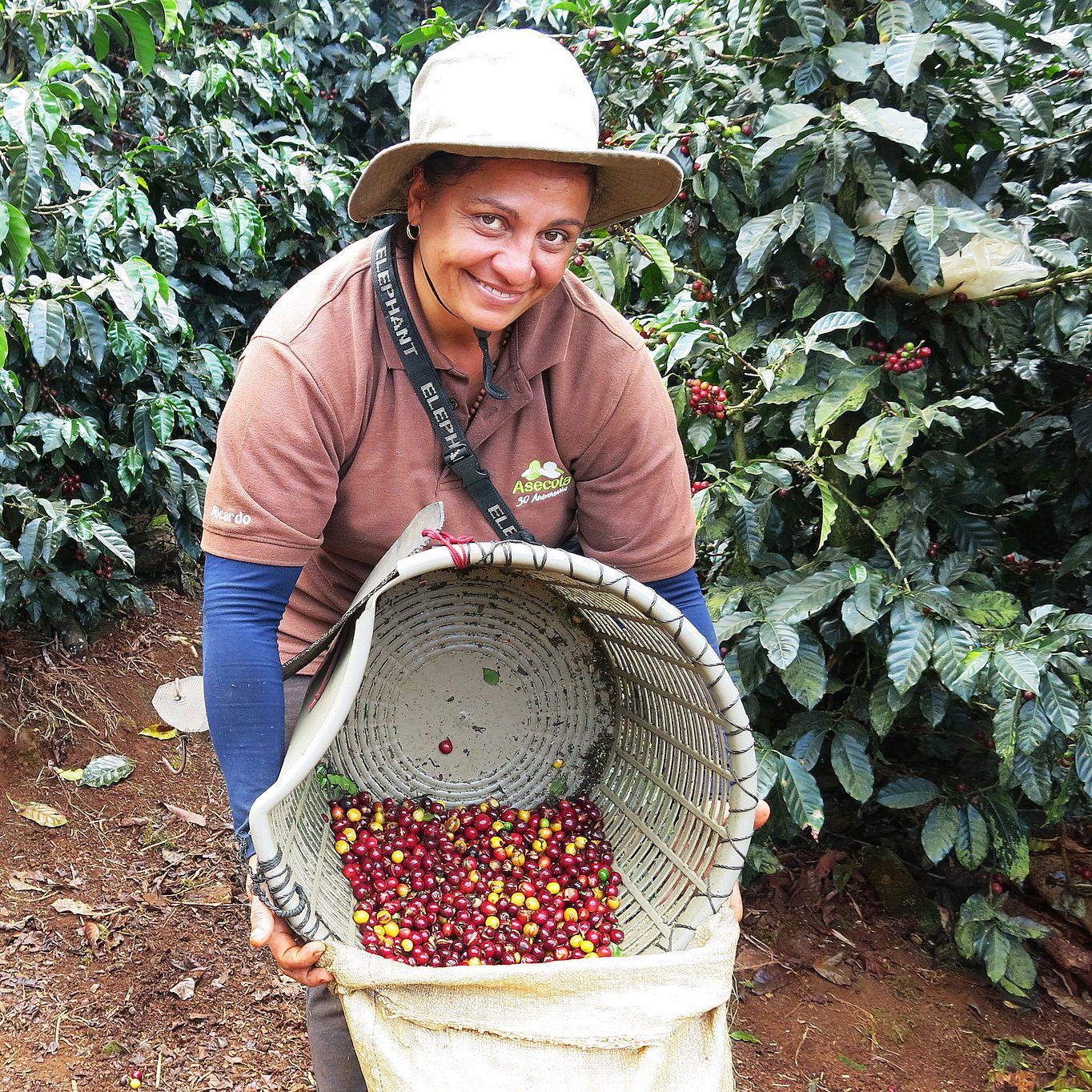
Prolonged droughts and frequent hurricanes are making it harder for farmers in Mesoamerica to make a living. A lack of access to international buyers and government support compounds the problem, leading some farmers to cut down forests for more cropland, while others migrate elsewhere in search of better opportunities.
Our community forestry work in the Selva Maya is recognized around the world as a stunning success for people and nature. We also work with certified farmers on producing crops like coffee, cocoa, and fruits sustainably.
Through our certification program, we work to improve the sustainability of 61,443 smallholder farmers, 233 farm groups, and almost 3,000 large farms across 700,000 thousand hectares. Almost half a million workers benefit from these efforts.
Data through 2023.
We worked with community forestry businesses to improve their conservation practices while achieving US$53 million in sales of forest products from 2013 to 2023. As a result, the communities conserved one million hectares of forest.
We always start by listening. We work with farmers and forest communities to develop solutions to their specific challenges—which range from a lack of investment and business skills to poor soils and droughts. Our agricultural certification program supports farmers and workers, while our forest work helps both forests and communities thrive.
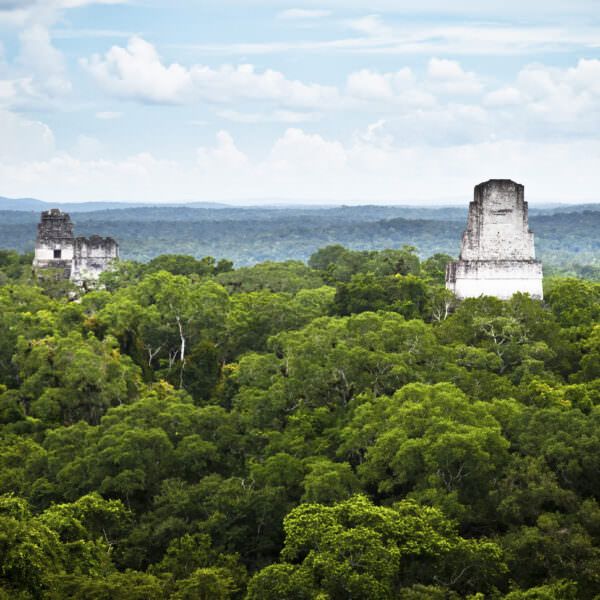
The forest concessions of the Maya Biosphere Reserve have boasted a near-zero deforestation rate for 20 years.

We worked with eight indigenous coffee-farming communities in Chiapas to build skills in fire prevention, business skills, and health and nutrition.
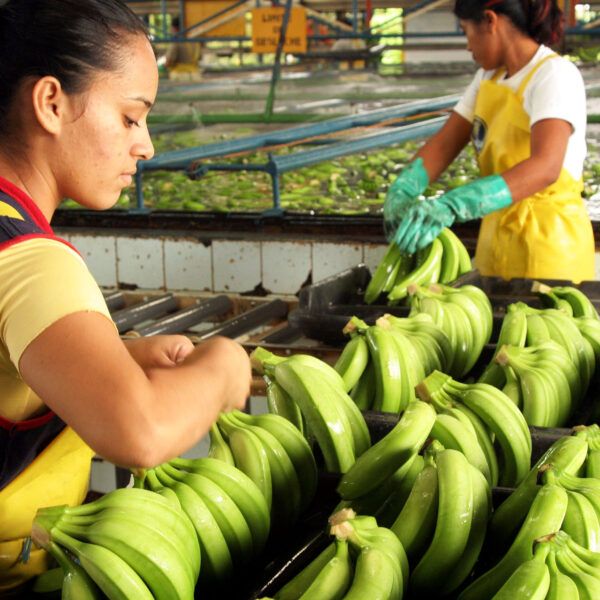
Rich biodiversity? Check. Well-treated workers? Check. Prepared for climate events? Check. Costa Rica's banana industry has a long history of worker abuse and environmental destruction—but these certified farms are proving there's a better way.
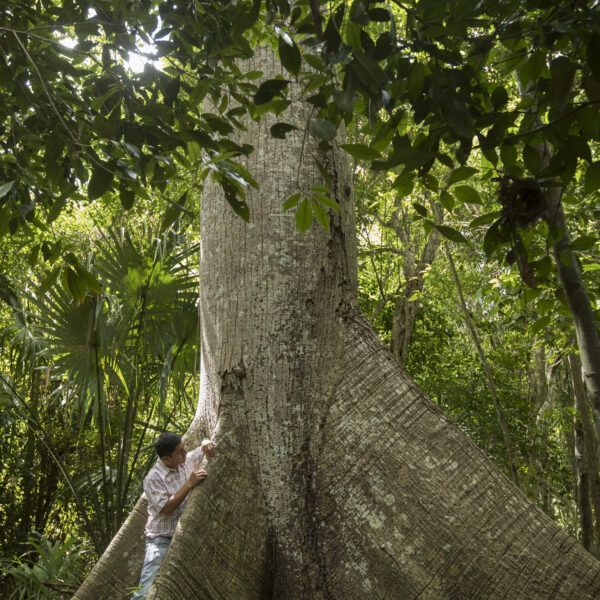
We are working to grow Mexico’s domestic market for sustainably produced products.

For rural, isolated communities in Guatemala, natural capital is the people’s greatest wealth. Since 1997, the Rainforest Alliance has worked with community forestry concessions to strengthen their organizational and technical capacity to manage natural resources in ways that protect and restore forests while developing successful businesses which offer a diverse set of high-value products and […]

The Rainforest Alliance develops Origin Issue Assessments (OIAs) as part of the JDE Common Grounds program. This OIA flags the following as pressing risks in the Honduran coffee sector: occupational health and safety, climate smart agriculture, and child labor. Coffee production in Honduras can be coupled to high-risk conditions since protective equipment when spraying agrochemicals […]

This policy is to provide interpretation of the requirements in the context of Costa Rica law and regulatory processes on the respective requirements for water extractions until the conditions are favorable to obtain the necessary documentation required for water extraction and use.

Where rural communities thrive, nature does too. Our vision for 2030 is that more than 3 million producers, workers, and their family members will live better—all by conserving and managing more than 25 million hectares through improved sustainable land management practices. Download this brochure to learn how we plan to achieve our goals for the […]
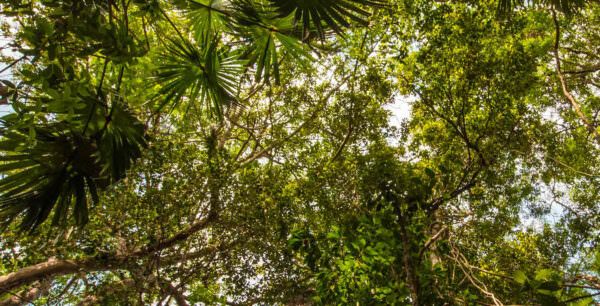
The Rainforest Alliance is pleased to announce two new Kleinhans Fellows for 2021. ... Continue Reading

A longtime participant in our programs in Guatemala met with Vice President Harris.... Continue Reading